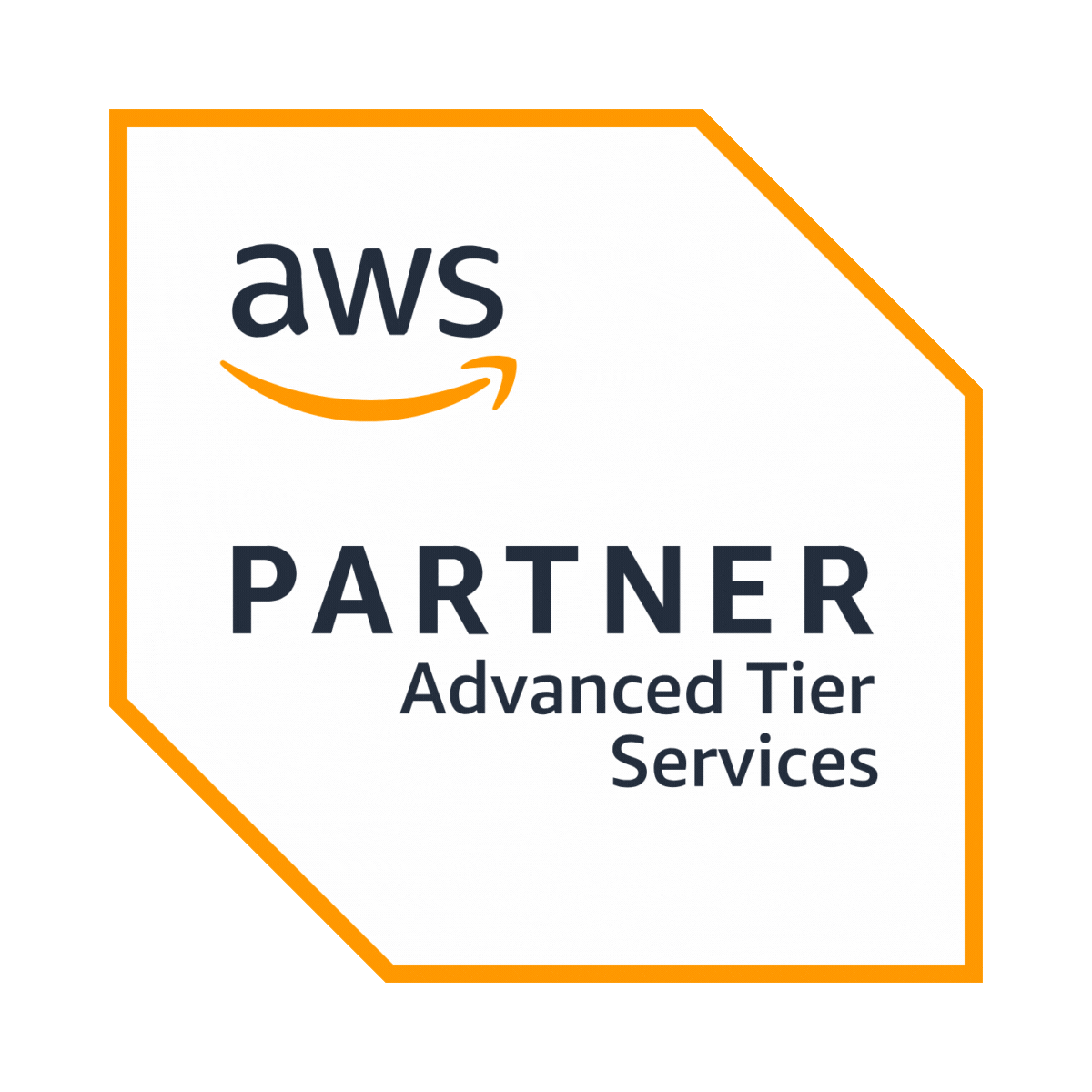Devops automation services

Why enterprises are prioritizing devops automation
of businesses experience faster software releases with devops automation.
reduction in operational costs by automating CI/CD pipelines.
improvement in deployment efficiency through infrastructure as code (IaC).
How we help businesses automate devops workflows
Enable continuous integration and continuous delivery (CI/CD) to streamline software releases, minimize deployment errors, and accelerate time-to-market.
Deploy scalable and consistent cloud infrastructure using tools like Terraform, Ansible, and CloudFormation for automated provisioning.
Optimize software deployment with docker and kubernetes, ensuring efficient resource management and seamless microservices orchestration.
Integrate automated unit, integration, and security testing into CI/CD pipelines to detect issues early and enhance software reliability.
Leverage AWS, Azure, and Google Cloud automation for serverless deployments, auto-scaling, and real-time performance monitoring.
Implement automated security policies, vulnerability scanning, and compliance checks to meet industry standards such as GDPR, HIPAA, and SOC 2.
What you’ll get

Reduce deployment times and increase release frequency with automated build and release pipelines.

Eliminate manual provisioning and scale infrastructure efficiently with automation tools.

implement automated security scans and compliance audits to minimize risks.

Enable a culture of continuous improvement with streamlined workflows and shared insights.

Ensure high availability, fault tolerance, and proactive issue resolution with automated monitoring solutions.
What’s trending
Cloud computing continues to be a driving force in digital transformation, enabling businesses to scale operations, improve efficiency, and enhance security.

Migrating applications to the cloud is a major step in modernizing IT infrastructure, but without a proper assessment, businesses risk unexpected costs, security vulnerabilities, and performance issues.
The shift to cloud-based SaaS (Software as a Service) solutions is a critical part of digital transformation for enterprises today. Companies are moving from on-premise and legacy applications to SaaS to achieve scalability, reduce operational costs, and enhance agility.
Our customer stories

Our customer, a leader in the medical technology industry, leveraged real-time patient data from their cardiac monitoring devices, to predict events and provide early intervention to save lives.


This project entails the development of a proof of concept to build a scalable and efficient data architecture, laying the groundwork for innovative AI and business intelligence applications.


Our customer, a leader in the entertainment industry, sought to enhance their content creation capabilities using Generative AI.

Devops automation journey
develop an automation-first approach tailored to your business needs.
implement scalable and reliable cloud infrastructure with automation tools.
ensure continuous security, compliance, and performance optimization.
Frequently asked questions
A data lake provides centralized storage for all data types—structured, semi-structured, and unstructured—without predefined schema requirements. It allows for greater flexibility and scalability than traditional storage systems.
Data lakes are designed to store raw datasets that can be used to train machine learning models, supporting seamless integration with AI/ML tools and frameworks.
Yes, modern data lakes support real-time streaming and processing, enabling businesses to gain immediate insights and respond to dynamic changes effectively.
Data lakes can be secured with encryption, access control, and compliance frameworks to meet global data protection standards like GDPR and HIPAA.
Absolutely. Data lakes are built on cloud-native architectures that allow for effortless scalability to meet growing data storage and processing needs.











